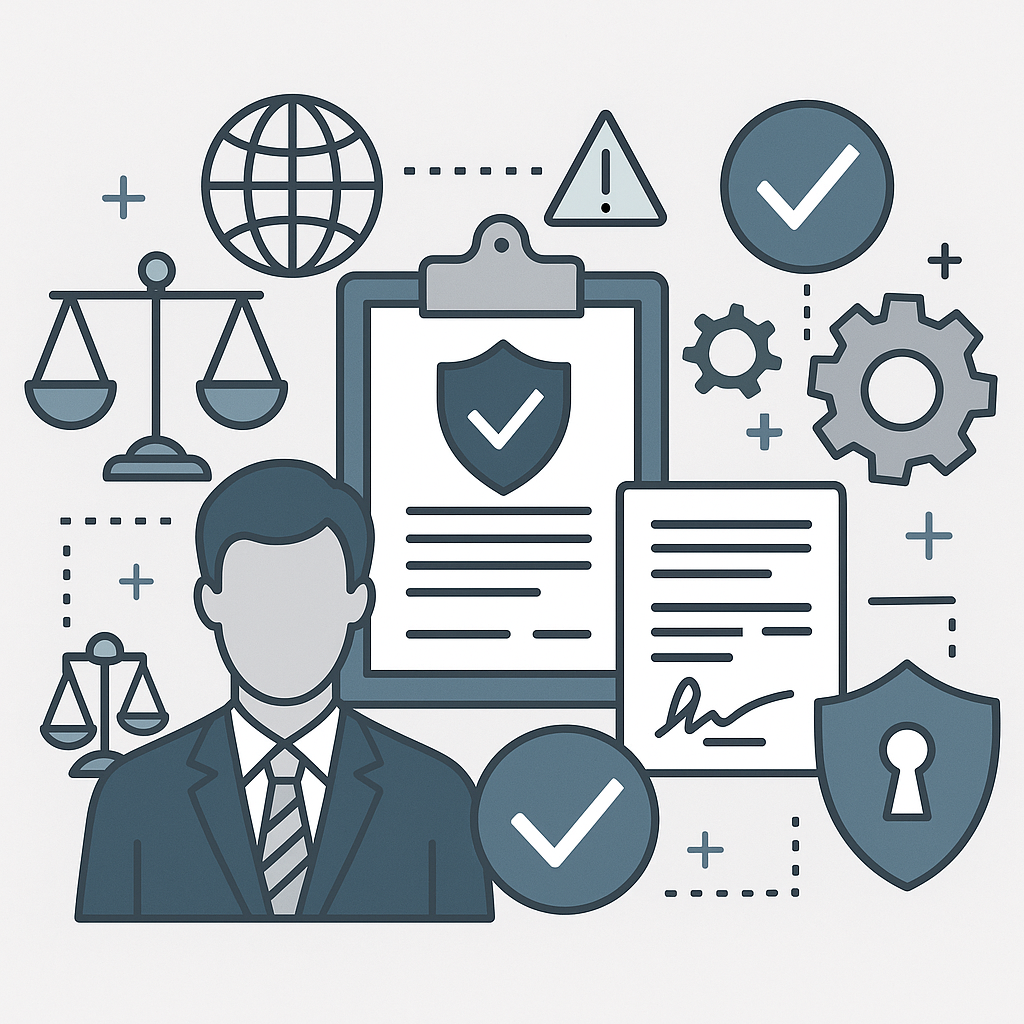When navigating legal matters, whether for personal or professional reasons, having effective communication and a strong partnership with your legal representation is crucial. Understanding how to collaborate with your attorney not only streamlines the process but also enhances the likelihood of achieving your desired outcomes.
This guide aims to provide essential tips that can improve the working relationship with your legal counsel, ensuring that you are both aligned in your goals and equipped to tackle the challenges ahead. By fostering a clear and open dialogue, you can create a foundation of trust and responsiveness that is vital for successful legal navigation.

Establish Clear Objectives
Before engaging with your legal representation, it’s important to set clear objectives for what you want to achieve. Take time to outline your goals and expectations, whether they involve a specific legal outcome, financial considerations, or timelines that are important to you. Articulating these objectives during initial meetings helps to establish a mutual understanding from the outset. Your attorney can then tailor their approach and strategy to align with your desired outcomes.
Additionally, revisiting these objectives regularly throughout the legal process can help maintain focus. As events unfold, circumstances may change, and new information may arise that can impact your goals. By keeping an open channel of communication, you and your attorney can adjust your strategy collectively, ensuring that you’re always working towards the most relevant objectives in your case.
Trust the Expertise of Your Attorney
While it’s important to remain actively engaged in your case, it is equally essential to trust your attorney’s expertise and professional judgment. Attorneys undergo extensive training and possess experience that equips them to handle legal complexities. Recognizing that they have your best interests at heart allows you to step back and rely on their legal strategies and recommendations, which can alleviate some of the stress associated with navigating legal challenges.
Additionally, their expertise will dictate the best path for your case. As the professionals from Malloy Law Offices, LLC note, if you or a family member were hurt because of someone else’s negligence or recklessness, you should talk to an injury attorney who understands the complexities of personal injury law, and who understands your situation. By trusting your attorney’s expertise, you can rest assured that they will work towards the best possible outcome for your case.
Maintain Open Lines of Communication
Effective communication is the backbone of a successful relationship with your legal representation. Always ensure that you can openly discuss your concerns, questions, or new developments related to your case. Establishing a preferred method of communication—be it emails, phone calls, or in-person meetings—can enhance your interactions. Be proactive in keeping your attorney informed about anything that could affect your case, and promptly respond to their queries.
Regular updates from your attorney regarding the progress of your case can reinforce your trust in their abilities. Ask for status reports and don’t hesitate to seek clarification on legal terms or processes you may not fully understand. A transparent exchange of information will empower both you and your legal counsel to navigate complexities more effectively.
Be Honest and Transparent
Honesty is fundamental in your interactions with your legal representation. Providing complete and accurate information allows your attorney to develop the best strategy for your case, and any omissions can create significant obstacles down the line. Sometimes, clients may hesitate to disclose negative information, fearing that it will weaken their position; however, withholding facts can lead to surprises that may disrupt your case. Full transparency fosters an environment where legal strategies can be built on a solid foundation.
Being forthcoming about your priorities, concerns, and even your financial situation also helps your attorney provide the most relevant advice and services tailored to your needs. This upfront approach not only promotes trust but also paves the way for a more efficient legal process, as your attorney will be better equipped to foresee challenges and proactively address them as they arise.
Prepare for Meetings
Coming to meetings well-prepared is essential for productive discussions with your legal representation. Before each meeting, review relevant documents and notes regarding your case. Create an agenda of topics you want to discuss, including any specific questions or concerns you may have. This preparation doesn’t just demonstrate your commitment; it also maximizes the limited time spent with your attorney and leads to more focused, actionable outcomes.
Additionally, consider bringing any new documents that might have surfaced since your last meeting. Making sure your attorney has the latest information helps them advise you accurately, ensuring that strategy adjustments can be made as necessary. By being thoroughly prepared, you can also enhance your own understanding and engagement in the legal process.

Navigating legal matters can be a complex and challenging experience, but fostering an effective partnership with your legal representation can significantly ease the process. By establishing clear objectives, trusting your attorney’s expertise, maintaining open communication, being honest and transparent, and preparing diligently for meetings, you can create a collaborative environment that promotes success. Remember, your attorney is not just a legal advisor, but also a partner in achieving your goals. By working together harmoniously, you can navigate the intricacies of the legal system with confidence and increase the likelihood of a favorable outcome.





